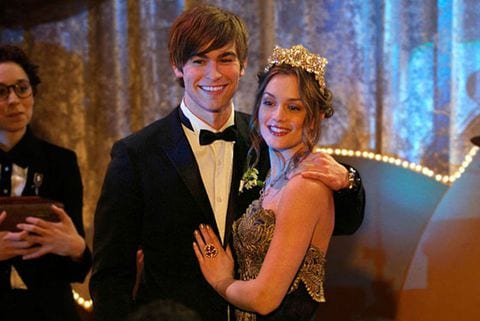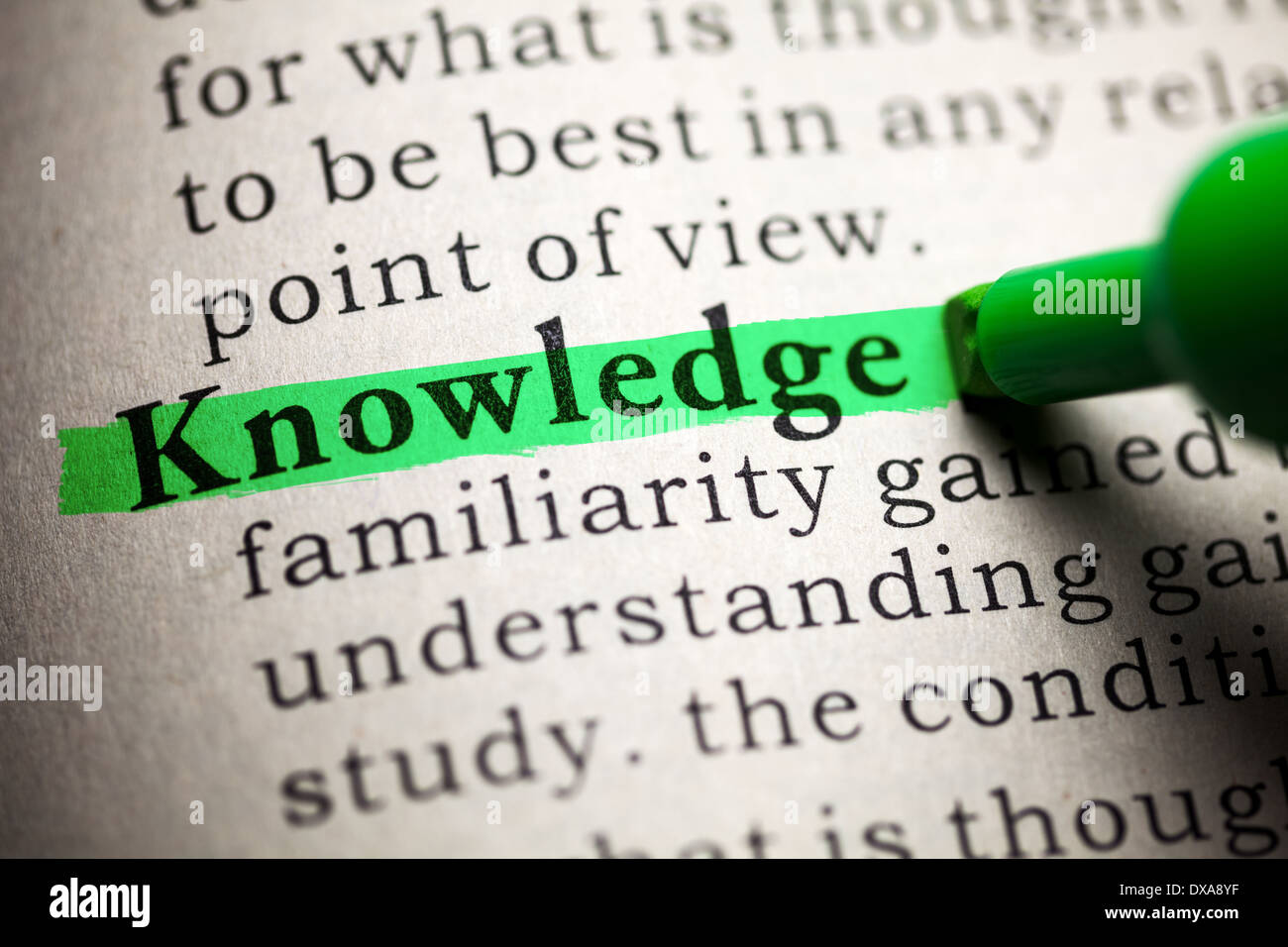 I remember it like it was yesterday! In my group chat, the only thing we could talk about was next Saturday. My friends and I chatted enthusiastically among ourselves! We couldn’t wait for the exciting evening ahead. “What dress are you wearing?” “What color are your shoes?” “When are you getting your hair done?” “Are you bringing a date?” “What are we doing afterwards?”
I remember it like it was yesterday! In my group chat, the only thing we could talk about was next Saturday. My friends and I chatted enthusiastically among ourselves! We couldn’t wait for the exciting evening ahead. “What dress are you wearing?” “What color are your shoes?” “When are you getting your hair done?” “Are you bringing a date?” “What are we doing afterwards?”
Yes, I’m talking about homecoming! An experience that happens once a year where a multitude of students get dolled up for an evening of music, dancing, and fun. Homecoming itself can be a wonderful thing! Friendships strengthen, romances bloom, and I get a chance to boogie on the dance floor. But then there’s the dark side of homecoming. During this evening friendships begin to falter, relationships come to an abrupt stop, and a hell of a lot more. Even with these problems, our highschool (and many others across the nation) continues this tradition of homecoming. But all personal quelms aside on the individual students, today I want to focus on the event itself.
Throughout my high school career I’ve noticed a stark difference between our dances and those on tv. Yeah, there were lights and of course the dj and adult chaperones were present. But that one painstaking moment where the main characters (often times the jock and shy girl; yes this a cliche but don’t kill the messenger, blame hollywood) are announced by the principal to come on stage and are crowned king and queen! But this got me thinking… why doesn’t Shaker Heights High School have a homecoming king or queen?
This question lead me to do more research. When and where did the tradition of homecoming begin? What classifies as a homecoming dance? What traditions do we still have today? Well, usually taking place at the end of September or the beginning of October, homecoming is “an annual celebration for alumni at a high school, college, or university” (Merriam). The first homecoming took place in the fall of 1911 at the University of Missouri and spread throughout the country at the start of the century. Built around the central activity of a dance, banquet, parade, or sporting event, homecoming has stretched out to encompass a whole week! Today, the tradition continues as hundreds and even thousands of alumni come back to their alma maters and current students come together for exciting events.
The tradition of homecoming courts usually consist of a king and queen, princes and princesses, and sometimes even dukes and duchesses. The king and queen are elected by the student population by secret ballot, may be announced in school or at the dance, and then are crowned and or sashed. Seems innocent enough, right? It’s a chance for the student population to practice their right to vote as well as it gives Little Jimmy a healthy opportunity to campaign and possibly get a decent title. It’s that simple-
Oh contraire, my dear friends! It is never that easy! This tradition opens up a whole can of worms. Nowadays there are more openly non binary students, especially in our own community of Shaker Heights. This includes agender, bigender, trans, etc. I’ve taken it upon myself to reflect and challenge my own personal views on gender and the gender binary system we live in. Gender binary is the “system of viewing gender as consisting solely of two, opposite categories, termed “male and female”, in which no other possibilities for gender or anatomy are believed to exist. This system is oppressive to anyone who defies their sex assigned at birth, but particularly those who are gender-variant or do not fit neatly into one of the two standard categories” (transstudent). I know as a straight, cisgender woman, I have privileges and hold an array of benefits that I don’t continuously acknowledge. I also know now that having the traditional male “king” and female “queen” is only one example of how our cisgendered society oppresses young people who identify with the LGBTQ+ community.
This question of inclusivity is happening more and more. At Purdue University, two students were recently crowned “homecoming royalties” in which no one was named king or queen. At the West Lafayette, Ind., they had their first gender-neutral homecoming. But the conversation is happening at a highschool level as well. In late September, Evanston Township High School had two “Homecoming Royalty”, who can be any gender. Another example is Niles North High School that now has “Viking Royalty” instead of the standard king and queen. Similarly to Shaker, New Trier Township High School doesn’t select royalties or queen and king. Yari Gallegos, a student on the Northwestern University homecoming committee says that, ‘“We are honoring our homecoming tradition while updating it to be more inclusive and representative of our diverse student body… These changes at universities across the country represent the growing diversity of their respective student bodies and the move towards creating more inclusive spaces.’” (chicagotribune). There are more and more high schools and colleges today that are getting rid of gender binary traditions and promoting equality.
There were many topics I didn’t cover in this article about homecoming. One example is how some believe the construct of homecoming royalties is just a popularity contest. Another would be the how this contest based on validation leads to the question of self worth and mental illness in teenagers. Don’t even get me started with the inappropriate twerking and alarming rate of underage drinking that occurs! But I’m still left with the question: why does the Shaker Heights High School not have homecoming queen and king? I’ve asked some staff members who have worked at the highschool since the early 2000’s and even they don’t know why! To be honest, I don’t really care if we have them or not, but my natural curiosity lead me to investigate the “why not?”. I believe half of the battle is putting your name on the ballot and the other half is getting enough votes. If a self identifying male wins prom queen, that’s because students chose them (and vice versa). Why do boys have to wear the crowns and the girls wear the tiaras? Why not just have a homecoming court with no titles of princess or prince? I’ve heard conflicting perspectives on the matter, but it seems to all boil down to personal morals. At the end of the day, I think we, as a community, need to take a good look in the mirror and ask ourselves: are we truly progressive? If not, how can we do better? If so, what more can we do?
Work Cited
Brooke, Eliza. “The History of Homecoming.” Broadly, VICE, 31 Aug. 2015, broadly.vice.com/en_us/article/59mmwa/the-history-of-homecoming.
“Homecoming.” Merriam-Webster, Merriam-Webster, www.merriam-webster.com/dictionary/homecoming.
“LGBTQ Definitions.” Trans Student Educational Resources, www.transstudent.org/definitions/.
Lourgos, Angie Leventis. “Homecoming Goes Gender-Neutral: More Schools Ditching King, Queen Traditions.” Chicagotribune.com, 29 Sept. 2018

 I remember it like it was yesterday! In my group chat, the only thing we could talk about was next Saturday. My friends and I chatted enthusiastically among ourselves! We couldn’t wait for the exciting evening ahead. “What dress are you wearing?” “What color are your shoes?” “When are you getting your hair done?” “Are you bringing a date?” “What are we doing afterwards?”
I remember it like it was yesterday! In my group chat, the only thing we could talk about was next Saturday. My friends and I chatted enthusiastically among ourselves! We couldn’t wait for the exciting evening ahead. “What dress are you wearing?” “What color are your shoes?” “When are you getting your hair done?” “Are you bringing a date?” “What are we doing afterwards?” 
 I believe in the strength of a support system. I come from a wildly large family on my mother’s side, with nearly three hundred and fifty members in just my maternal grandfather’s family alone. In February of 2016, I lost my maternal grandfather to cancer. He had always been my rock, my cheerleader, and by far the most influential person in my life. My grandfather taught me how to take a step back, breathe, listen to myself, and respond to how I’m feeling. When he was diagnosed with cancer, my world felt as if it was crumbling before me. My family was told that his cancer was caught in its early stages and that they would set forth a plan of treatment to follow; he was told he had time. Unfortunately, the doctors were wrong and my grandfather’s cancer quickly began to spread to his brain within a month. After my grandfather lost his life three months later, my family had to figure out how to navigate life without him. He brought so much joy and hope into my life, and all of a sudden it was taken away from me. Despite all the pain and sorrow I felt, I was supported no matter what. I could always count on my family and friends as I went through this time of uncertainty and confusion. All of the unfamiliar emotions and feelings I experienced made it possible for me to learn to open myself up to my support system. Ever since my grandfather’s passing, I have been much more honest with not only myself but also with my inner circle. I have learned to let go of all anything that has built up inside of me and release the tension through spending time with my family and friends. I believe everyone on this earth needs a network of family and friends they can depend on, regardless of what they may be going through. In the end, everything that happens in your life should be put into perspective, but when you are in the moment, the only way to grow and develop is when you can lean on others. I think one of the most important things you can do for yourself is build relationships and bonds that will provide you with emotional connections and bring happiness into your own life for years to come. When one is in a time of need, every person should have the opportunity to seek out their loved ones and ask them for assistance.
I believe in the strength of a support system. I come from a wildly large family on my mother’s side, with nearly three hundred and fifty members in just my maternal grandfather’s family alone. In February of 2016, I lost my maternal grandfather to cancer. He had always been my rock, my cheerleader, and by far the most influential person in my life. My grandfather taught me how to take a step back, breathe, listen to myself, and respond to how I’m feeling. When he was diagnosed with cancer, my world felt as if it was crumbling before me. My family was told that his cancer was caught in its early stages and that they would set forth a plan of treatment to follow; he was told he had time. Unfortunately, the doctors were wrong and my grandfather’s cancer quickly began to spread to his brain within a month. After my grandfather lost his life three months later, my family had to figure out how to navigate life without him. He brought so much joy and hope into my life, and all of a sudden it was taken away from me. Despite all the pain and sorrow I felt, I was supported no matter what. I could always count on my family and friends as I went through this time of uncertainty and confusion. All of the unfamiliar emotions and feelings I experienced made it possible for me to learn to open myself up to my support system. Ever since my grandfather’s passing, I have been much more honest with not only myself but also with my inner circle. I have learned to let go of all anything that has built up inside of me and release the tension through spending time with my family and friends. I believe everyone on this earth needs a network of family and friends they can depend on, regardless of what they may be going through. In the end, everything that happens in your life should be put into perspective, but when you are in the moment, the only way to grow and develop is when you can lean on others. I think one of the most important things you can do for yourself is build relationships and bonds that will provide you with emotional connections and bring happiness into your own life for years to come. When one is in a time of need, every person should have the opportunity to seek out their loved ones and ask them for assistance.
 As summer comes to an end and as autumn begins, I have been reflecting upon the wonderful summer I had. The superficial word of “wonderful” is quite an understatement. There are simply not enough words to describe how miraculous this past summer was. During the spring of my sophomore year, I eagerly searched for a summer program at a university that would emerge me into the college lifestyle. Following a tedious decision, I choose to attend Temple University’s Pre-College Summer Program. This program ran a total of four weeks on Temple’s main campus in the fifth largest city of the nation, Philadelphia.
As summer comes to an end and as autumn begins, I have been reflecting upon the wonderful summer I had. The superficial word of “wonderful” is quite an understatement. There are simply not enough words to describe how miraculous this past summer was. During the spring of my sophomore year, I eagerly searched for a summer program at a university that would emerge me into the college lifestyle. Following a tedious decision, I choose to attend Temple University’s Pre-College Summer Program. This program ran a total of four weeks on Temple’s main campus in the fifth largest city of the nation, Philadelphia.
 I’m trying to finish my homework and go to bed, but my mind is racing. I have two things I need to remember to bring tomorrow, a worksheet to finish 4th period, and a question to ask my teacher during class. My brain can’t possibly hold it all, and I can’t relax for fear of forgetting everything. I pull out a piece of paper and write it down.
I’m trying to finish my homework and go to bed, but my mind is racing. I have two things I need to remember to bring tomorrow, a worksheet to finish 4th period, and a question to ask my teacher during class. My brain can’t possibly hold it all, and I can’t relax for fear of forgetting everything. I pull out a piece of paper and write it down. One of the best things about the International Baccalaureate program is, in my opinion, the Theory of Knowledge class.
One of the best things about the International Baccalaureate program is, in my opinion, the Theory of Knowledge class.